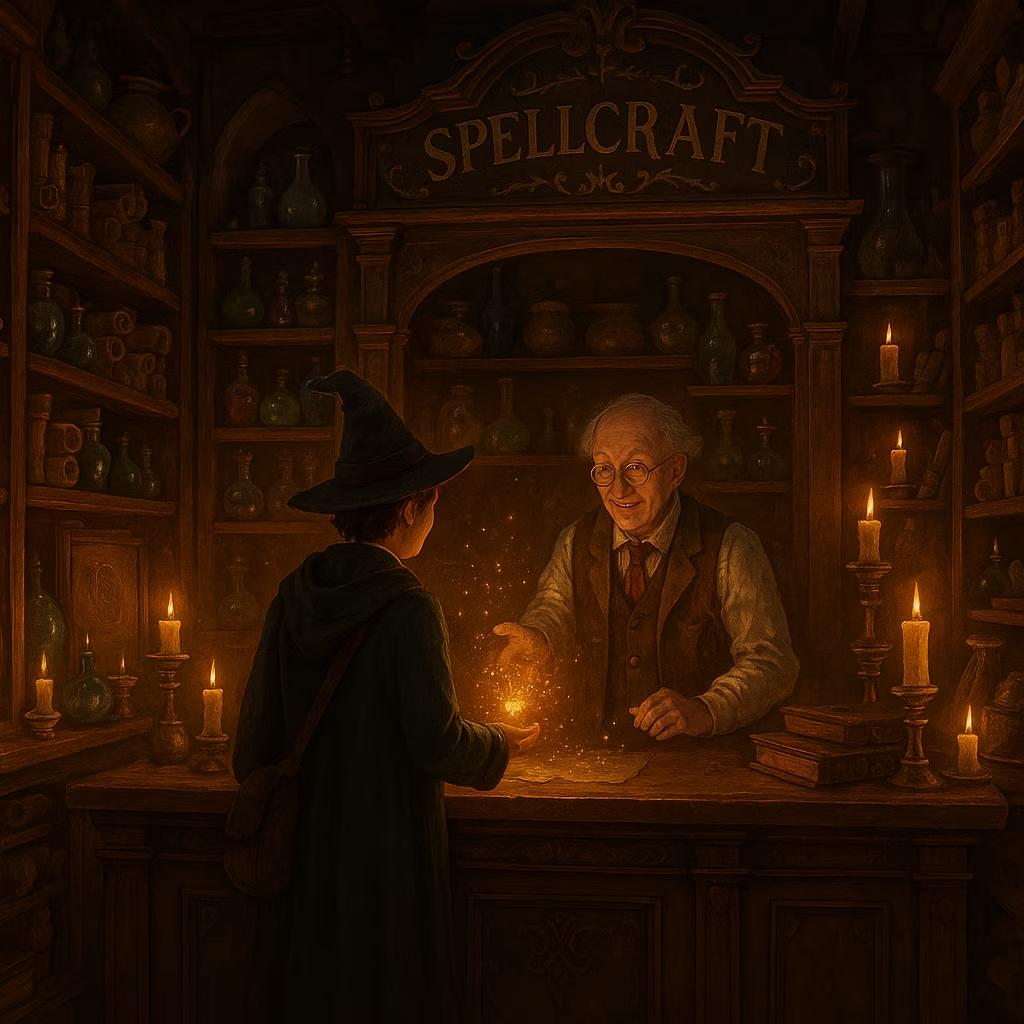The bell tolls not for education alone—school corridors breathe with untold narratives where lockers harbor secrets and chalkboards sketch destinies. Within these institutional labyrinths, gaming finds fertile ground: a microcosm of societal hierarchies, adolescent metamorphosis, and lurking horrors. From whispered incantations in candlelit libraries to bloodstained tiles in derelict classrooms, these digital academies transform into stages where players confront existential trials. Here, friendships fracture like brittle chalk, while ancient magic thrums beneath stone archways. The schoolyard becomes both sanctuary and slaughterhouse—a paradoxical realm where algebra coexists with eldritch rituals. 🏫✨
When Friendship Rituals Summon Nightmares

Heavenly Host Elementary’s decaying halls swallow students whole after a ritual twists camaraderie into carnage. Corpse Party weaponizes innocence—the squeak of sneakers echoes like death rattles while pixelated shadows dance with malevolence. Does terror not lurk most vividly where safety was promised? Red Candle Games’ Detention amplifies this dissonance at Greenwood High, where Lingered Entities stalk through monsoon-soaked classrooms. Taiwanese folklore bleeds into algebra textbooks; air raid sirens wail lessons in historical trauma. Survival demands solving puzzles etched in grief—proof that education’s true cost is measured in sanity.
Academia’s Savage Playgrounds
Bully’s Bullworth Academy parodies prestige with fistfights behind ivy walls. Jimmy Hopkins navigates clique warfare like a social alchemist—jocks, nerds, and greasers collide in cafeteria chaos. Rockstar’s genius? Framing detention as rebellion against systemic absurdity. Meanwhile, Danganronpa's Hope’s Peak Academy inverts meritocracy: "Ultimate" prodigies orchestrate murders under a monochrome bear’s gleeful gaze. Trial scenes crackle with frenetic logic—class debates become lethal theater. Is enlightenment worth extermination? The answer lies in blood-spattered courtrooms.
Magic, Time, and Feathered Paramours
Hogwarts Legacy’s moving staircases and whispering portraits remind us: magic thrives where curiosity remains ungraded. Ancient magic pulses through castle stones, transforming herbology lessons into duels with Graphorns. Yet isn’t the true sorcery how players believe they’re scholars first, warriors second? Contrast this with Life is Strange’s Blackwell Academy—a vortex where Max Caulfield’s rewind power fractures causality. One bathroom, one gunshot, one rewound moment: destiny pivots on a physics project. And who could forget St. PigeoNation’s Institute in Hatoful Boyfriend? Courting pigeons masquerading as philosophers exposes love’s absurdity. When avian suitors quote Kierkegaard, does romance transcend species—or sanity?
Blueprints for Institutional Dreams
Two Point Campus swaps terror for tuition fees. Designing lecture halls for "Gastronomy" and "Dark Arts" (yes, really!) satirizes academia’s commodification. Players juggle:
-
Student happiness meters 😊→😡
-
Budgets for VR classrooms vs. bubble machines
-
Three-star ratings demanding absurd amenities
A comparative lens reveals startling contrasts:
| Game | Core Mechanic | School’s Role |
|---|---|---|
| Corpse Party | Survival Horror | Haunted Labyrinth |
| Hogwarts Legacy | Action-RPG | Living Character |
| Two Point Campus | Management Sim | Profit-Driven Canvas |
Frequently Asked Questions
Why do schools resonate as game settings?
They mirror societal structures—hierarchies, rites of passage, suppressed chaos—all compressed into navigable maps. Players relearn power dynamics through cafeteria politics or potion classes.
Which game weaponizes nostalgia most brutally?
Detention. Its 1960s Taiwanese setting merges historical dread with scholastic routine; air-raid drills become escape sequences from literal ghosts of authoritarianism.
Can management sims critique education systems?
Absolutely. Two Point Campus exposes absurdity by letting players monetize "Knight School" while students duel with baguettes. The satire bites deepest when tuition funds clown colleges.
How does Hatoful Boyfriend subvert dating tropes?
By making pigeons recite poetry while hiding dystopian conspiracies. It asks: if love transcends form, why not species? The answer involves mutant lab experiments.
Do these games romanticize education?
Rarely. They reveal institutions as pressure cookers—melting pots for trauma, magic, or bureaucracy. The bell always tolls for another upheaval.